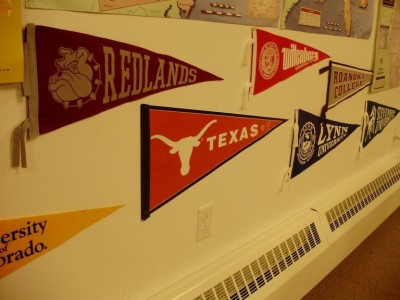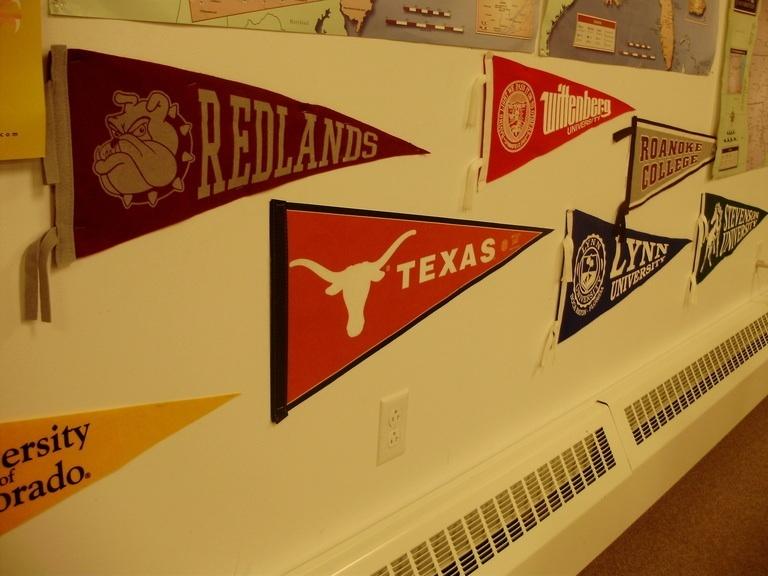Emily Cooper ’11
& Michael Nussbaum ’11

Each year, nearly all Staples seniors endure the college process, one way or another But, one thing students manuever through today are the technological advances with new networks such as Twitter, Facebook and CollegeConfidential. These sites modify the process dramatically.
Social studies teacher Carol Avery’s college process was atypical to the current high school seniors.
“I applied to only two schools; Penn State and Indiana University,” she said.
Therefore, Avery’s college process did not require a large search, but she does not find the new technology to be helpful for current students in finding the right college.
Guidance counselor Bill Plunkett says he often gets phone calls from colleges about missing documents, which he finds to be the most convenient form of solving minor problems. He also attributes communication as a key tool of finding the right college.
“[The new age of technology] allows for students to make more informed decisions, making the process less of a guessing game and more of an informed decision that is a big part of their next four years,” he said.
But, Avery feels that if websites such as CollegeConfidential, Twitter and Facebook existed when she was applying to college, the process would have been far more stressful.
In addition she feels that forums like CollegeConfidential and sharing college information via Twitter and Facebook make the experience more personal; friends and family become more connected to the process, and the pressure to ‘get in’ heightens.
Chelsea Kalt ’10 also feels that waiting is the most nerve-wracking aspect of the college process.
“Checking your statuses online everyday to see that there haven’t been updates is the most stressful part,” she said.
“I got to be so obessed with checking my application status online that’d I’d check it 3 times a day,” she said.
Plunkett acknowledges that the stress is still prevelant with students but he finds it to be a “double-edged” sword, because the extra communication between students and colleges allows for students to take a wholesome approach to the process.
However, some students like Kalt found the college process relatively uncomplicated because they have the access to colleges websites.
“My college process is a bit different than everyone else’s because I knew what I wanted even before I saw my first school,” she said.
Plunkett still believes that the technology can help any student interested in any college.
“With the introduction of college websites, students are more inclined to share information through the internet,” he said.
Plunkett added that “the thought of going to a school farther away is more of a reality for some students.”
However, that distance is not as distant for many students.
“There are so many ways we can communicate these days that when my sister went to Indiana University my mom would tell her friends it was as if she was talking to her from her friends house,” Kalt said.
Susan Ross, parent of two Staples students feels the same way.
“When I was in college there was one phone on the entire dorm floor and no one had cell phones; I had to schedule times to call home” Ross said, adding that she would be much more comfortable with her children attending further colleges knowing that with Skype and other online communication programs they would stay in better communication.
“I could e-mail, text, BBM [Blackberry Messaging], call and facebook message my mom and dad (I guess I could even write them a letter too),” Kalt said.
When asked if it is more stressful for students now than before these new technologies were abundant, Plunkett smiled saying, “Kids will always be kids, and technology will never change that.”














































